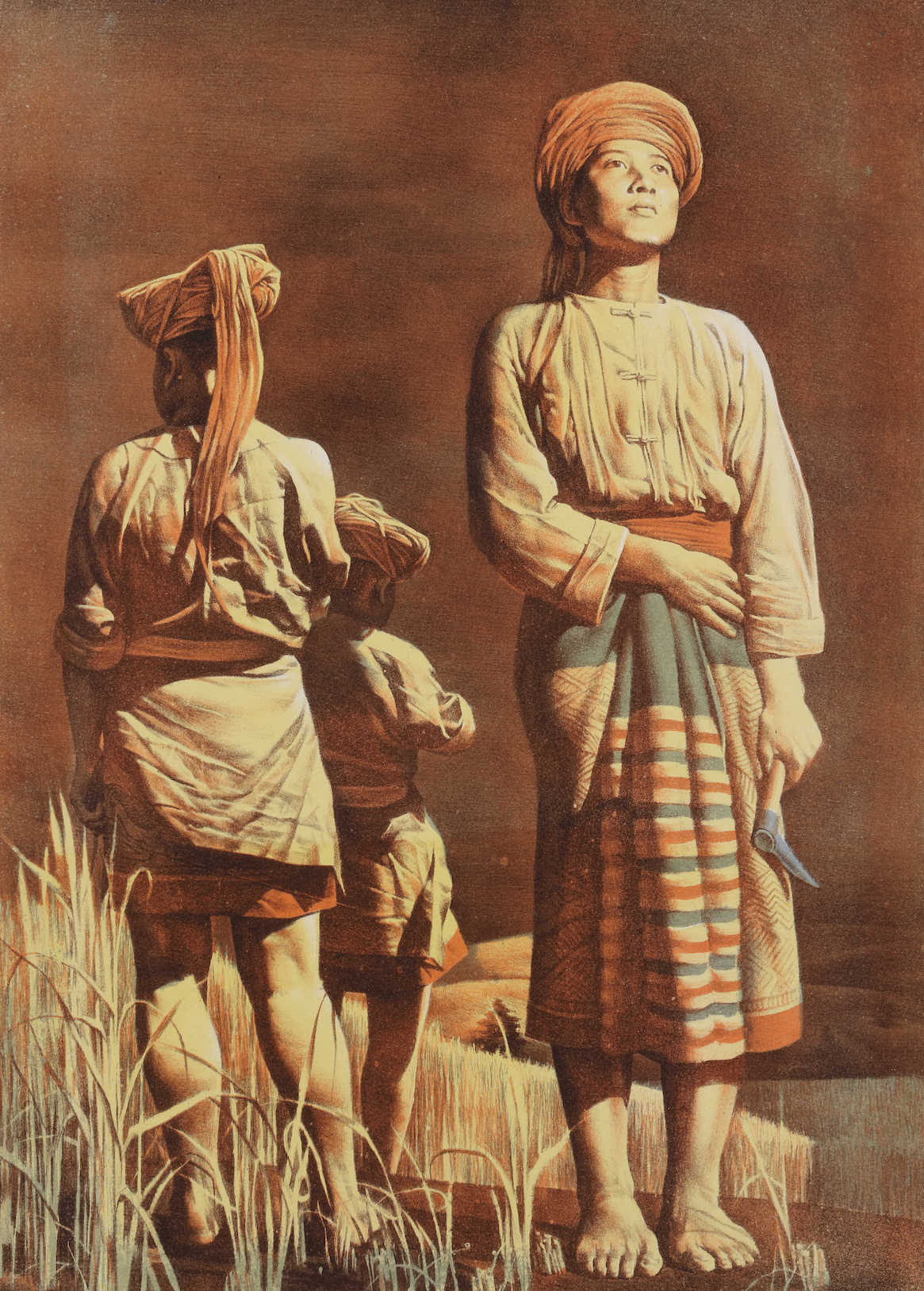Computer Vision 2025 Spring
Quick links: schedule, policies, Ketangpai (assignment submission)

|
Computer vision is a science which uses cameras and computers to "see" and "understand" the
world. Research related to computer vision attempts to establish artificial intelligence
systems to obtain "information" from image data. The "information" here is defined by
Shannon which can be used to help make a "decision". Because perception can be regarded as
extracting information from sensory signals, computer vision can be considered as a science
that study how to make artificial system "perceive" from images or multi-dimensional data.
This year we will focus on an elementary hands-on introduction to neural networks and deep
learning. Topics covered will include: linear classifiers; multi-layer neural networks;
back-propagation and stochastic gradient descent; convolutional neural networks and their
applications to computer vision tasks like object detection and dense image labeling;
generative models (generative adversarial networks and diffusion models); sequence models
like recurrent networks and transformers; applications of transformers for language and
vision; and deep reinforcement learning.
Instructor: QI Lin (qilin -at-
ouc.edu.cn)
Lectures: Friday, 10:30AM-12:15PM
Labs: Friday (odd-numbered weeks), 13:30PM-15:20PM
TAs:
|
Prerequisites: Multi-variable calculus, linear algebra, data structures, statistics. No previous exposure to machine learning is required.
Grading scheme:
- Programming assignments: 40% of the grade
- SOLO work
- Will be using Python, PyTorch, PaddlePaddel, MindSpore, Baidu AI Studio, Huawei Cloud, Google Colab, and Google Cloud
- Attendence: 10% of the grade
- Project: 50% of the grade
Schedule (tentative)
| Date | Topic | Assignments |
| February 28 | Introduction: PPTX, PDF | Self-study: Python/numpy tutorial |
| March 7 | Linear classifiers: PPTX, PDF | |
| March 14 | Linear classifiers cont.: PPTX, PDF | Assignment 1 is out |
| March 21 | Linear classifiers cont. | |
| March 28 | Multi-layer networks: PPTX, PDF | |
| April 11 | Backpropagation: PPTX, PDF | |
| April 25 | Convolutional networks: PPTX, PDF | Assignment 2 is out |
| Aprial 27 | Convolutional architectures: PPTX, PDF | |
| May 9 | Dense prediction: PPTX, PDF | |
| May 16 | Training in detail: PPTX, PDF | |
| May 23 | PyTorch tutorial: Jupyter notebook | Assignment 3 is out |
| May 30 | Object detection: PPTX, PDF | |
| June 6 | Recurrent networks: PPTX, PDF | |
| June 13 | Transformers: PPTX, PDF | |
| June 18 | Deep generative models: PPTX, PDF | |
| June 20 | Deep reinforcement learning: PPTX, PDF |
Resources
Other deep learning courses with useful materials
- Stanford CS231n: Convolutional Neural Networks for Visual Recognition
- U Michigan EECS 498: Deep Learning for Computer Vision
- MIT 6.S191: Introduction to Deep Learning
- Princeton COS 495: Introduction to Deep Learning
- UT Austin CS 342: Deep Learning
- IDIAP EE559: Deep Learning
- ENS Deep Learning: Do It Yourself
- U of I IE 534: Deep Learning
- MIT Structure and Interpretation of Deep Networks
- Berkeley CS285: Deep Reinforcement Learning
- Full Stack Deep Learning
Tutorials
Useful textbooks available online
- Deep Learning by I. Goodfellow, Y. Bengio and A. Courville
- Dive into Deep Learning -- an interactive online book by A. Zhang, Z. Lipton, M. Li and A. Smola from Amazon
- Michael Nielsen's online book on Neural Networks and Deep Learning
- Hastie, Tibshirani and Friedman, Elements of Statistical Learning
- David Forsyth's Applied Machine Learning textbook draft